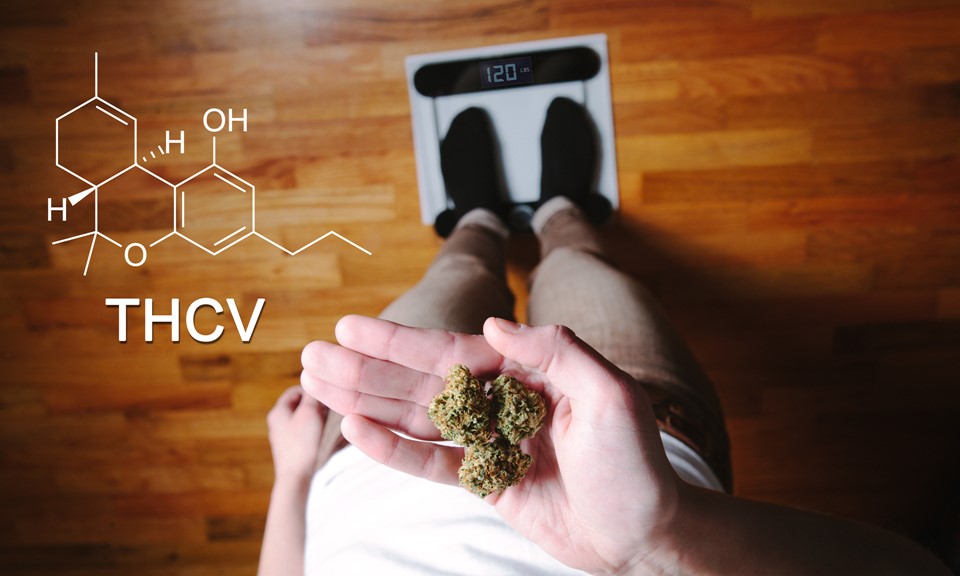Tetrahydrocannabivarin (THCV) is a cannabinoid substance found in marijuana and hemp plants. It's chemically similar to tetrahydrocannabinol (THC) but with some crucial distinctions. Here's whatever you require to understand about THCV including the dangers, advantages, distinctions, and similarities with other kinds of THC and more. What Is THCV? THCV is a less common cannabinoid discovered in some strains of cannabis, particularly African sativa.
 THCV vs THC: What Are the Differences? Articles Analytical Cannabis
THCV vs THC: What Are the Differences? Articles Analytical Cannabis
 What is THCV? Cannabis Glossary Leafly
What is THCV? Cannabis Glossary Leafly
 THCV: Everything You Need to Know CannaMD
THCV: Everything You Need to Know CannaMD
THCV has a 3-carbon side chain instead of THC's 5-carbon side chain. This distinction is subtle, but it has a visible influence on the impact profile. THCV is somewhat psychedelic but just about and about. What Does THCV Seem like? THCV has a strong energy-boosting part to it, that makes it particularly popular among students and athletes.
In the United States, THCV policy is nuanced. THCV is not a Schedule I Drug, but cannabis extracts are making it somewhat uncertain what the federal position is on THCV. The 2018 Farm Bill mentions that hemp plants and all derivatives of the plants are legal on a federal level, many companies abide by this law and still provide THCV to consumers by just drawing out the compound from hemp plants.
If THCV is considered a THC analog, it might be controlled in the future by the very same rules as THC under the Federal Analog Act. This act mentions that any substance that shares a comparable molecular profile as a recognized restricted compound it's included in the same drug Arrange category.
What Are the Impacts of THCV? Proponents of THCV report that it produces an extreme burst of energy and makes them feel euphoric without the mental cloudiness triggered by THC. The results are very moderate compared to THC. The impacts are nearly solely cognitive yet in some way have very little influence on headspace.
2. THCV & Appetite Some THCV users declare that it curbs their hunger. This is a common result of other focus-enhancing compounds. It's as though THCV removes the interruption of other bodily processes (like cravings) in order to protect resources and attention to cognitive jobs rather. How Does THCV Work? Cannabinoids produce biological results in the human body by communicating with endocannabinoid receptors.
CB1 receptors lie in the worried system and connect with neurotransmitters in the brain to produce mind-altering impacts. Interaction with CB1 sites is what offers some cannabinoids like THC their psychoactivity. THCV is a bit tricky to comprehend because it's mostly a CB1 antagonist, meaning it has the opposite effect as THC.
While scientists are still looking for to comprehend this process, it appears THCV has the ability to obstruct the impacts of CB1 in low dosages and promote them in high dosages. CB2 receptors are found mostly in the body immune system. THCV is a partial agonist of CB2, however the results of this partial activity aren't well-known, and it seemingly has no discernible effect on THCV users' experience.
As pointed out in the previous area, THCV is a CB1 antagonist in low doses which is the specific opposite result of delta 8 and delta 9 THC. This could mean that THCV neutralizes some of the psychoactive impacts of THC. This effect could explain why individuals who utilize THCV feel so clear-headed specifically compared to the infamous "fogginess" caused by delta 9 THC.